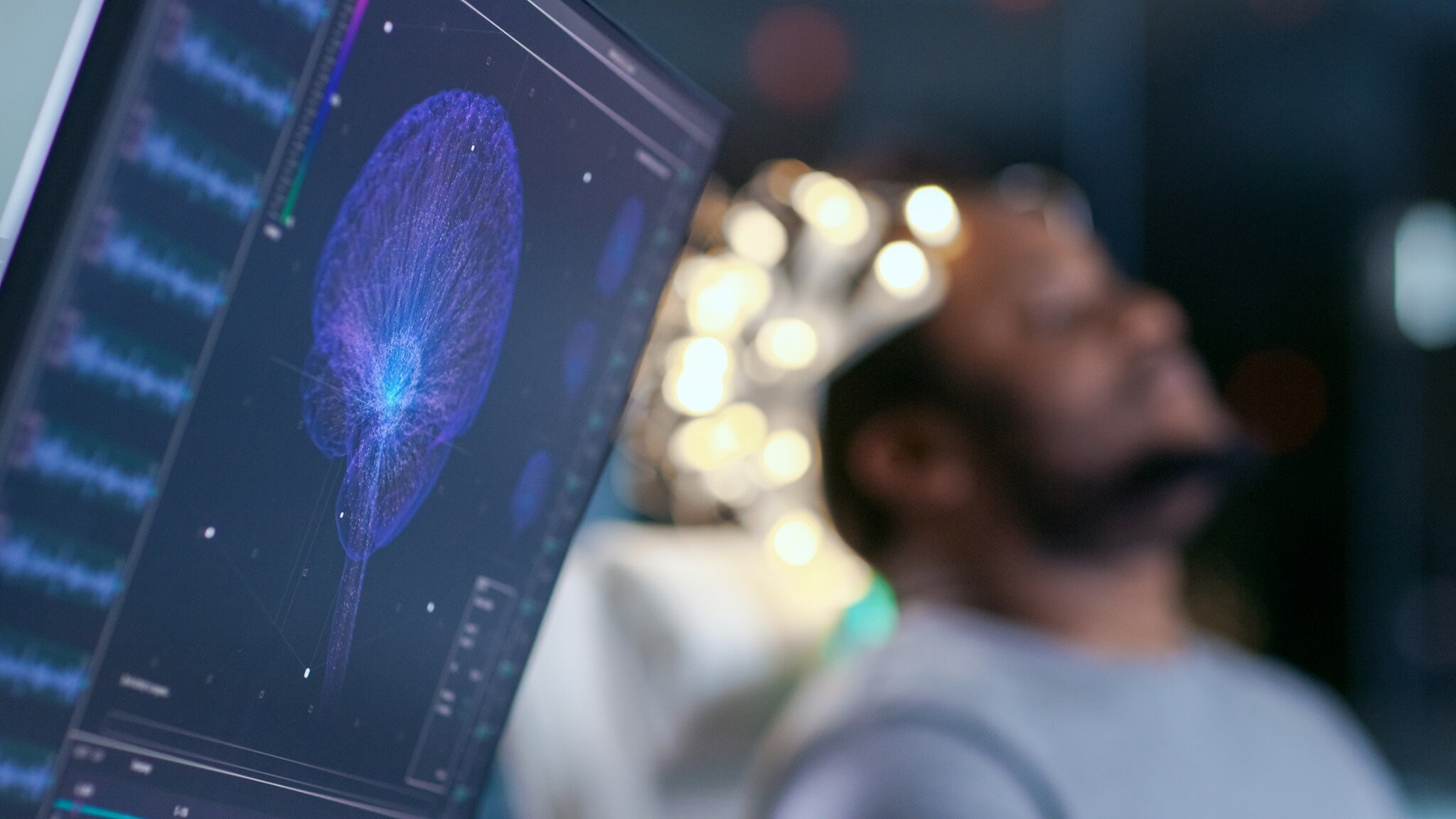
Press Room
-

American Medical Association Press Release
Neurorights Foundation press release responding to the unanimous passing of Resolution 503, Safeguarding Neural Data Collected by Neurotechnologies, by the American Medical Association.
-

American Medical Association Resolution: Safeguarding Neural Data Collected by Neurotechnologies
The American Medical Association unanimously passed a resolution defining neural data collected by neurotechnologies and supporting regulatory efforts to support its privacy and security. The resolution also emphasizes the importance of ensuring neural data is not used for discriminatory purposes and that access to emerging neurotechnologies should not be a driver of further inequality.
-

León Declaration on European Neurotechnology
From the Spanish EU Presidential Office - The León Declaration on European neurotechnology is a historic document that sets out a human-centric and rights-oriented approach to the development of this emerging technology. The Declaration is the result of years of work by the European Commission and the EU member states, and represents a significant step forward in the global effort to ensure that neurotechnology is used responsibly and ethically.
-

Declaration on Neurodata from the Ibero-American Data Protection Network
From the Government of Spain - The Ibero-American Data Protection Network (RIPD) has adopted a declaration calling for special protection for neurodata, a new type of personal data that presents particular characteristics, such as its high level of sensitivity and its ability to reveal intimate and personal information about individuals. The RIPD invites Ibero-American States and international organizations to adopt legislative and regulatory measures to protect neurodata.
-

The brain implants that could change humanity
Brains are talking to computers, and computers are talking to brains. Are our daydreams safe? A New York Times opinion article
-

Neurotechnology can already read minds: so how do we protect our thoughts?
Chile is leading the way with a bill that offers protections against abuses and inequities that could arise from technologies that augment human capacities. An El País opinion article.
-

"Hippocratic Oath" for Neurotechnology developers
June 07, 2021
The article discusses the NeuroRights Foundation`s proposition for a "Hippocratic Oath" for Neurotechnology developers, a so-called "Technocratic oath".
-

The Rise of Neurotechnology Calls for a Parallel Focus on Neurorights
May 27, 2021
Chile is leading the way with a bill that offers protections against abuses and inequities that could arise from technologies that augment human capacities.
-

The tricky ethics of neurotechnologies
As the science of brain-computer interfaces (BCI) and other neurotechnologies progresses, researchers are calling for ethical guidelines to be established now — before the technology fully matures.
-

Interview with Rafael Yuste (in Spanish)